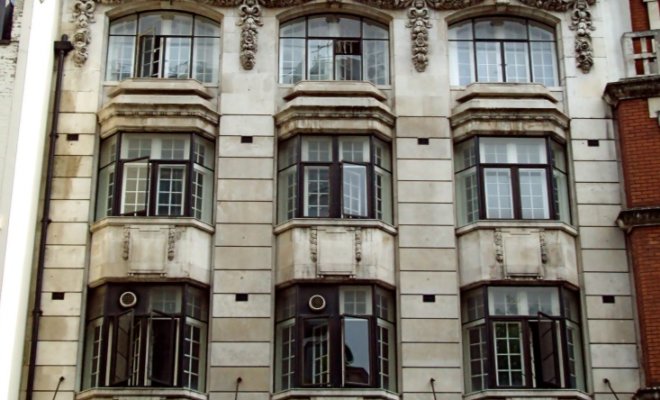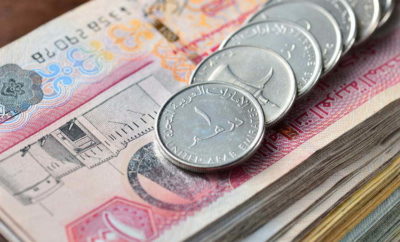Life
India Club in London Fights to Preserve Legacy

The Hotel Strand Continental that houses the India Club, London.
Photo: Strand Continental website
Westminster Council plans to remodel the interiors of the iconic building known for its connection with the Indian Independence movement.
The India Club, which was a hub for Indian nationals in London during the Independence movement in the 1930s and ’40s, now fights for survival following plans for the building’s demolition from the inside. The local Westminster Council has plans to convert the interiors of the building, which is located near India House, the country’s High Commission in London, into a modern hotel establishment.
“This is a tragedy,” Yadgar Marker, the director of Golds and Hotels Limited trading as The Strand Continental Hotel, which houses the India Club, told PTI. “We have done everything possible to retain the ethos and spirit of the place. We intend to build as much community support as possible to preserve this piece of Indian history.”
Marker, a Parsee-origin man, has been running the establishment with his wife, Freny, since they rescued it from destruction in 1997. He is now campaigning to save it from getting shut down, and is trying to receive listed status from English Heritage for it to be called a historically important landmark.
The campaign has also received support from high-profile Indians like Congress MP Shashi Tharoor. The Club was co-founded by his late father and journalist Chandran Tharoor, and VK Krishna Menon, Independent India’s first High Commissioner to the United Kingdom.
“The India Club has, for many years, offered a home away from home for Indians,” Tharoor wrote in his endorsement letter. “It is iconic, as it has continued to preserve its old-world charm. Given the importance of The India Club to Londoners and Indians alike, I am of the belief that it should be bestowed with ‘heritage status’.”
The club, located on the first floor of the Strand Continental, was originally a meeting place for civil servants working for the High Commission of India. It was also a place for get-togethers of Indian journalists and intellectuals since 1946, and functioned as an Indian restaurant as well. Over the years, leaders like former Indian Prime Ministers Jawaharlal Nehru and Indira Gandhi frequented the place.
It is still marked by its simple decor and specializes in South Indian cuisine.
“We have deliberately held on to the Formica tables and other dated aspects, including old photographs and portraits, to retain the feel of 1940s India when nationalists would gather around cups of tea to deliberate on Indian independence,” Marker told PTI. “The feedback on the food and the architecture of this little India is always heart-warming.”
The club is recalled for its connection with the India League, which was founded by Annie Besant in 1921 and revived by Krishna Menon in 1929. The organization, which campaigned for the country’s Independence, held most of its meetings at the India Club on the Strand, according to William Gould, professor of India History at the University of Leeds, the news agency reported.
“The India Club, especially because of its connections to the India League, is one of the most important heritage sites for South Asians in the U.K., and not just in London,” Gould said. “It was one of the key sites for the discussion and planning of how British public opinion could be changed to favor Indian independence, and after 1947, it was the main lobbying organization in the UK around Indian political affairs.”




You must be logged in to post a comment Login